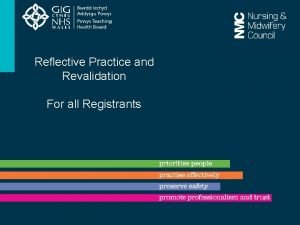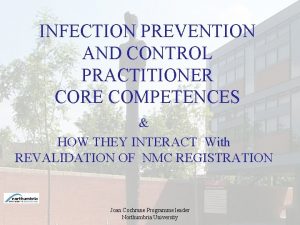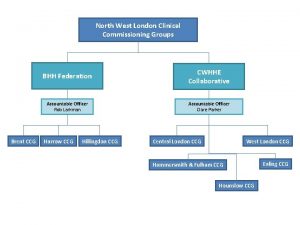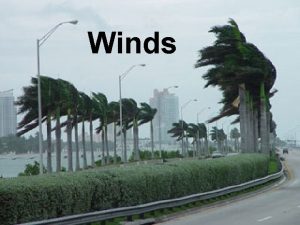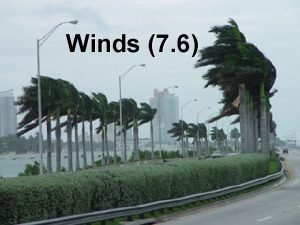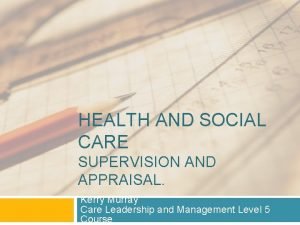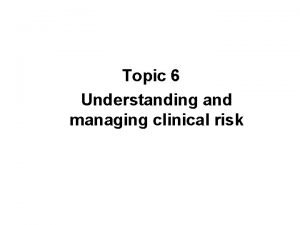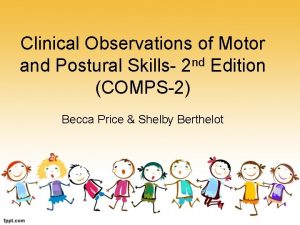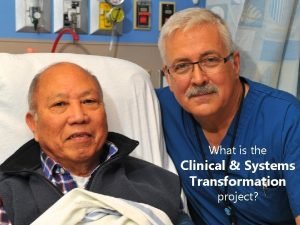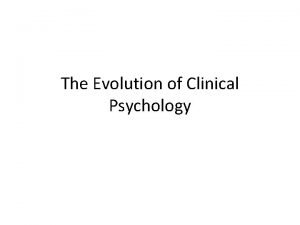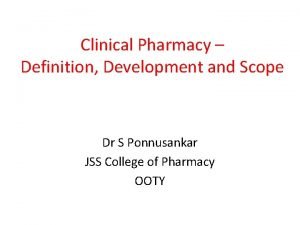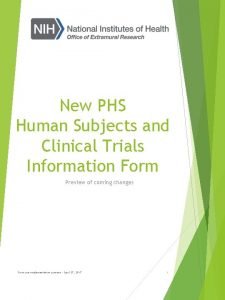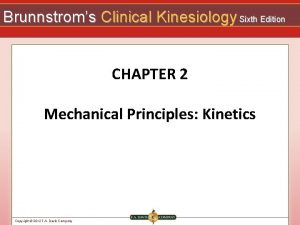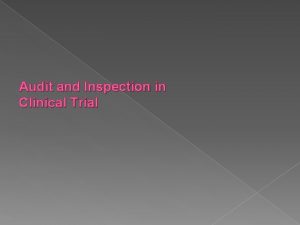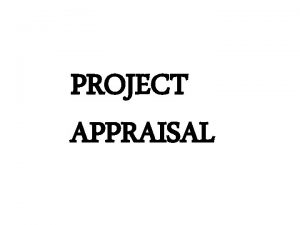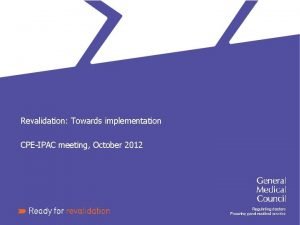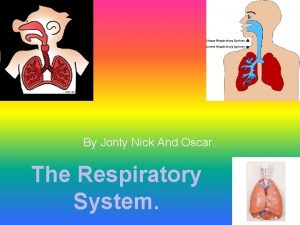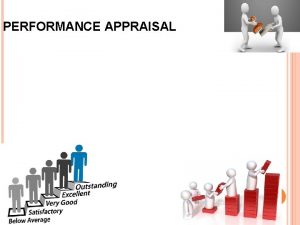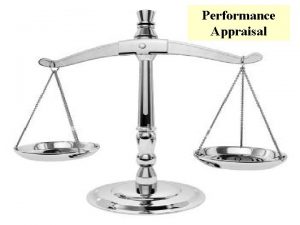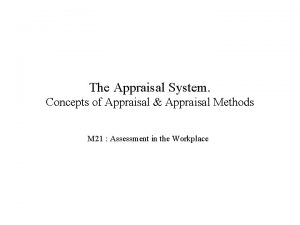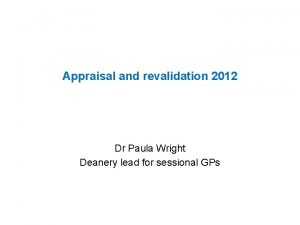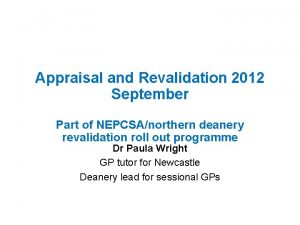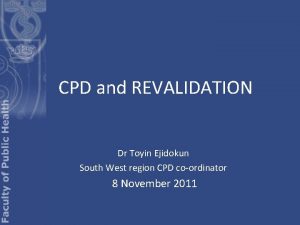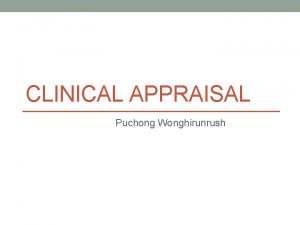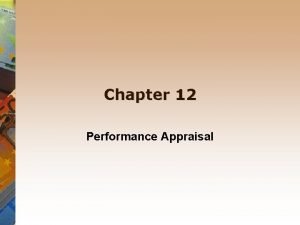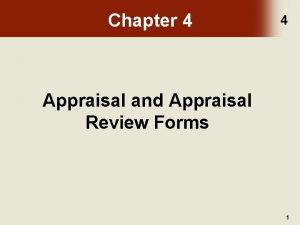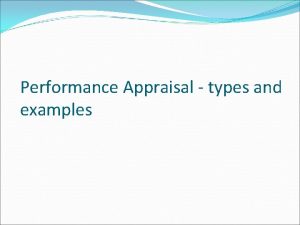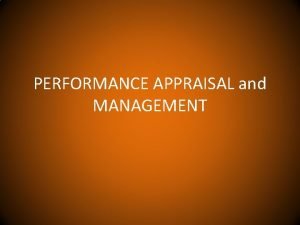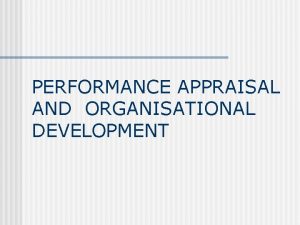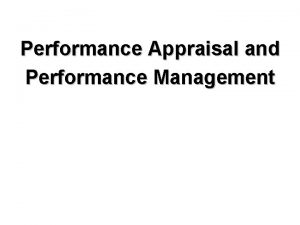Appraisal and Revalidation Dr Jonty West Clinical Appraisal



























- Slides: 27

Appraisal and Revalidation Dr Jonty West Clinical Appraisal Lead NHS England & NHS Improvement South East (Kent Surrey & Sussex) Thursday 31 st October 2019 NHS England NHS Improvement

• Overview of Appraisal and Revalidation processes • What you actually need to do for appraisal and your revalidation • Any other questions? 2 |

Appraisal • 210 Appraisers • 3, 610 appraisals completed in 2018 -19 • 10 Senior Appraisers – 20 appraisers each • Administration team • Please use your name & GMC number in any contact england. southeast-revalidationandappraisal@nhs. net 3 |

Revalidation Forecast 2018 -2023 Apr May Jun Jul Aug Sep Oct Nov Dec Jan Feb Mar Total 2018/19 43 53 78 125 83 46 62 43 49 66 54 67 769 2019/20 73 105 139 207 112 91 90 102 80 83 126 103 1311 2020/21 103 87 101 172 123 102 107 108 84 117 93 77 1274 2012/22 21 15 42 94 25 15 15 23 5 15 14 4 288 2022/23 5 18 7 81 21 26 9 13 9 12 11 6 218 Total 3860 250 2018/19 = 769 150 2019/20 = 1311 2020/21 = 1274 100 2012/22 = 288 2022/23 = 218 50 0 Apr 4 | May Jun Jul Aug Sep Oct Nov Dec Jan Feb Mar

What is Revalidation? • The single integrated process by which doctors can demonstrate they are fit to practice • Comprises being up to date and complying with relevant professional standards • Involves a five yearly cycle, based on annual appraisal • Doctor • Appraiser Cycle of appraisal & review 5 | Revalidation recommendation • Responsible Officer • General Medical Council Revalidation decision

Appraisal changes in the last year: • GMC & RCGP Guidance on Supporting Information • Simplifying medical appraisal – ‘Soft Re-boot’ • GMC – The Reflective Practitioner • Structured reflective template for doctors who undertake a low volume of clinical work • NHS England ROANs 6 |

But what does it all mean? 7 |

The Soft Reboot • It is time to shift the focus from refining processes to maximising the benefits of appraisal – A ‘Soft Re-boot’ • A good appraisal should be felt to be useful to the appraisee • Formative, not purely Summative 8 |

We want appraisal to achieve: • Good, safe, professional, resilient, confident, compassionate, principled, practical, healthy, diligent, kind doctors • That is how it leads to better patient care 9 |

We hope we can move from: ‘I need to postpone my appraisal because I am under a lot of pressure’ To: ‘I need my appraisal because I am under a lot of pressure’ 10 |

What you need to do: • Scope of work • CPD • QIA • SEA / SUI / Learning Events • MSF / PSQ • Complaints & Compliments • Health • Probity 11 |

GMC Guidance – Scope of Work • ‘You must declare all the places you have worked and the roles you have carried out as a doctor since your last appraisal’ • Supporting information must cover your whole scope of practice • Clinical and non-clinical • NHS, Independent sector and private work • You must declare all places at which you work that require a licence to practice • Locums must list the practices in which they work but do not require a structured reference for locum work 12 |

ROAN 21 Reviewing all roles: • How did you qualify for this role? • How do you keep up to date? • How you know that you are doing a good job? 13 |

Low Volume of Clinical Work • Joint publication by BMA, NHS England & RCGP • For doctors working fewer than 40 clinical sessions of UK General Practice per year • Reflective template to be discussed at appraisal 14 |

CPD • Expected to have at least 50 credits per twelve months • Over 5 year cycle should cover the breadth of the RCGP curriculum, to demonstrate you are up to date and fit to practice • Aim is 250 credits for revalidation • Credits for other roles (trainer, appraiser, private work, GPw. ER) should be on top of the 50 / year 15 |

Reflection • No longer need to reflect on every single credit • Written reflection on at least one key learning event, or on CPD as a whole • Written reflection on at least one QIA activity • Written reflection on at least one activity that relates to Communication, Partnership & Teamwork • Written reflection on all complaints • What? So what? What next? 16 |

Quality Improvement Activities • RCGP • Recommends that you demonstrate the ability to review and learn from your medical practice by reflecting on representative quality improvement activities (QIA) appropriate to your scope of practice and circumstances every year, with a spread of QIAs across your whole scope of practice over a five-year cycle 17 |

Annual QIA • An Audit is no longer mandatory • Consider • Case Reviews • Learning Event Analysis • PUNs and DENs – Where there has been improvement to practice • Audit • Teaching/Training • Local, regional or national benchmarking data including CQC inspections 18 |

GMC Guidance – Significant Events • Significant Untoward Incidents (SUI) • A GMC level incident where a patient has or could have come to harm • ‘You must declare and reflect on every significant event you were involved in since your last appraisal. ’ • ‘Your reflection and discussion should focus on the insight and learning from the event, rather than the facts or the number you have recorded. ’ • Learning Event • Previously called SEAs in General Practice • Can be positive, negative or neutral • A form of QIA 19 |

GMC Guidance MSF & PSQ • ‘You should use standard questionnaires that have been validated and are independently administered to maintain objectivity and anonymity’ • ‘You should not personally select the patients asked to give feedback about you and make sure the method used allows responses to be obtained from a representative sample. ’ • ‘The colleagues you ask to give feedback must be chosen from across your whole scope of practice, and must include people from a range of different roles. ’ • ‘You must reflect on what the feedback means for your current and future practice and discuss it at your appraisal. ’ 20 |

GMC Guidance – Complaints • ‘You must declare and reflect on all formal complaints made about you at your appraisal for revalidation. ’ • ‘You should discuss your insight and learning from the complaints, and demonstrate how you have reflected on your practice and what changes you have made or intend to make. ’ • All such documentation and reflection should be completely anonymised. If this is not possible they should not be uploaded to the appraisal document but give an outline and bring any paper documentation to the appraisal discussion. • Bawa Garba case – ROAN factsheet 12 • Reflection should be Professional not Confessional 21 |

Compliments • ‘Compliments are important sources of evidence that can facilitate reflection on your practice. • They are a source of learning and reinforcement. Collecting, discussing and reflecting on compliments gives you the opportunity to affirm areas of strength in your practice and their positive impact on patient care. • This will help you understand what your patients and others you interact with every day think you do well. ’ 22 |

Annual statement of Health • Self declaration: • I declare that I accept the professional obligations placed upon me in Good Medical Practice about my personal health • Should include any health issue or concern which does/may affect patient care 23 |

Annual statement of Probity • Self declaration that: • I declare that I accept the professional obligations placed upon me in Good Medical Practice in relation to probity, including the statutory obligation on me to ensure that I have adequate professional indemnity for all my professional roles and the professional obligation on me to manage my interests appropriately. 24 |

Outstanding items for revalidation… • Less is more… do it by four! • Words of wisdom from ‘The South London Team’ 25 |

26 |

Take home messages • Appraisal should be supportive • All roles should be discussed • Aim is 50 credits / year, 250 for revalidation • Annual QIA, audit not mandatory • If working less than 40 sessions use the Low Volumes Reflective template • We can revalidate on less than 5 appraisals, less than 250 credits – discuss with your appraiser Less is more, do it by four! 27 |
 Revalidation reflection examples for nurses
Revalidation reflection examples for nurses Revalidation feedback examples for nursing colleagues
Revalidation feedback examples for nursing colleagues Examples of reflective accounts for revalidation pharmacy
Examples of reflective accounts for revalidation pharmacy Rcn revalidation
Rcn revalidation Fxq amadeus
Fxq amadeus Revalidation reflection examples for nurses
Revalidation reflection examples for nurses Revalidation reflection examples for nurses
Revalidation reflection examples for nurses Rcni revalidation
Rcni revalidation East is east and west is west
East is east and west is west Dr nicola burbidge
Dr nicola burbidge Winds that blow over short distances are called
Winds that blow over short distances are called West north west wind direction
West north west wind direction Noord oost, zuid west bepalen
Noord oost, zuid west bepalen Old west vs new west
Old west vs new west Romeo and juliet and west side story comparison chart
Romeo and juliet and west side story comparison chart Supervision and appraisal in health and social care
Supervision and appraisal in health and social care West yorkshire health and care partnership
West yorkshire health and care partnership Lines that run north and south
Lines that run north and south Balcony scene romeo and juliet script
Balcony scene romeo and juliet script Understanding and managing clinical risk
Understanding and managing clinical risk Clinical observation of motor and postural skills (comps)
Clinical observation of motor and postural skills (comps) Administrative information systems
Administrative information systems Clinical and systems transformation
Clinical and systems transformation Nature of clinical psychology
Nature of clinical psychology Clinical pharmacy objectives
Clinical pharmacy objectives Phs human subjects and clinical trials information
Phs human subjects and clinical trials information Clinical kinesiology and anatomy 6th edition
Clinical kinesiology and anatomy 6th edition Audits and inspections of clinical trials
Audits and inspections of clinical trials





